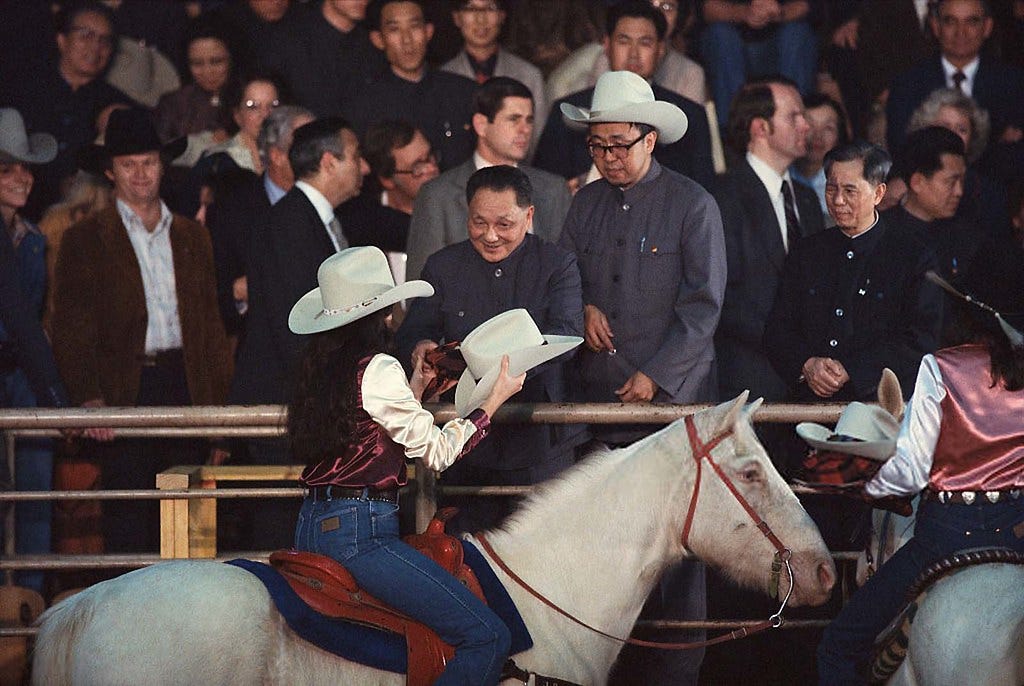Deng Xiaoping, Man of the Century?
Review: Ezra Vogel's Deng Xiaoping and the Transformation of China
Deng Xiaoping and the Transformation of China, by Ezra Vogel. 2013.
More than any other national leader, Deng Xiaoping has the best claim to being the most important shaper of the 21st century. Deng had two main legacies. First, he oversaw the start of the Chinese economic miracle, ending the capricious misrule of the Mao era. And second, he ensured that the Communist Party’s authority over the transformed China would be undisputed. This biography never quite articulates an explicit thesis, but if it did, it would be that in Deng’s mind these two legacies were inseparable—having fought through years of civil war, and having been personally harmed in the excesses of the Cultural Revolution, Deng saw reform and modernization as keys to a strong Party, and with it, a renewed China. One purpose served the other.
This is very much a view-from-the-top sort of book, which both benefits and suffers from the access given by Deng’s inner circle. On the one hand, this may be the closest we’ll get to what Deng personally thought and felt, since he did not leave behind any notes of his own. We get surprisingly candid fly-on-the-wall views inside heated Standing Committee meetings, and a strong sense of how Deng deftly shepherded reform (and political reaction) through the Communist Party’s left and right factions.
On the downside, we get a perspective that is very much elite-focused, sympathetic to Deng, and probably too credulous of the party line. For instance, we encounter the broad social upheavals shaking China—like the reaction to inflation in 1988, or the fateful Tiananmen protests of 1976 or 1989—almost as the surprised central officials did, as sudden eruptions of popular will that are never adequately explained. Deng is usually portrayed as the rational, moderate figure at the center, navigating China successfully through these crises; counterfactuals that suggest Deng may have made the wrong call (say, if Zhao Ziyang’s arguments had prevailed in the summer of 1989) are never really entertained.
Regardless of its faults, this book is indispensable to understanding China. But it really should be paired with other perspectives, that at least give some picture of what life was really like for the billion people who lived through the Deng era.




There is no Deng Xiaoping without a Mao Tse Tung. Many of Deng's reforms couldn't have happened without Mao's brutal reorganization of China.
I loved this book!